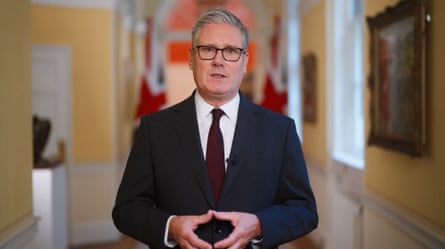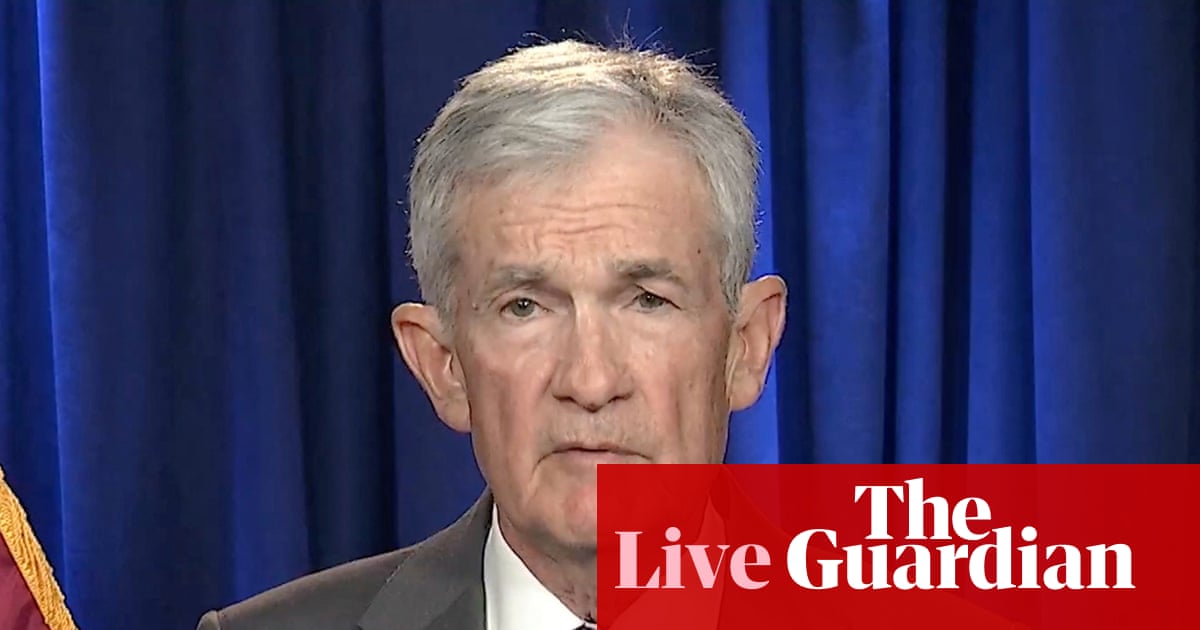Welcome, but behind the curve. That is the summary of the coordinated recognition of a Palestinian state by Canada, Australia and Britain. The emphatic gesture is a historical moment where the record is not written, but corrected. Palestinian statehood has always existed, and recognising that fact confers credibility on the recognisers, and not the Palestinian claim to their inalienable rights.
As part of the shifting tide against Israel, even in the United States, recognition of a Palestinian state enshrines what the Israeli state seems committed to erasing once and for all – the legitimate claim of Palestinians to their own land. Naming and insisting on Palestinian statehood is vital. As the activist Arab Barghouthi told the Guardian last week, the recognition protects the idea of a Palestinian state, because the Israeli government is “bragging about the fact that they are killing the idea of a Palestinian state. And diplomatically, when countries like Britain and France and Canada recognise Palestine, that means something.”
Such gestures are important, especially for a cause that is fundamentally about a people’s right to exist in sovereignty on their own land. Keeping that notion alive, even if Israel never reverses course, resists the Israeli government’s drive to have full and final dominion over Palestinians without condemnation or acknowledgment of the erasure of Palestinian rights, and confers status, respect and international treaty relations upon the Palestinian state. And there is weight to Britain, a member of the G7 and a permanent member of the security council, along with France, going up against US and Israeli propaganda that conflates Palestinian recognition with rewarding Hamas.
But the road to this recognition has been ignoble in action and flawed in rationale. As far as the British government is concerned, belatedness and timidity have been defining features of its response to the situation in Gaza over the past two years. The government cannot escape the cloud of Keir Starmer’s words in those early days, when he said that Israel has the “right” to cut off power and water from Gaza. Nor the ignominy of refusing to back a ceasefire in November 2023, forcing members of the shadow cabinet to resign their roles in order to vote for an amendment to the king’s speech call for a ceasefire.
But the failures are not only historical, they are current and, indeed, concurrent, with the recognition. The government that speaks of the intolerable urgency of the situation in Gaza is the same that received the Israeli president in Downing Street earlier this month, a man whose declaration that there is “an entire nation out there that is responsible” for the 7 October 2023 attacks has been cited by a United Nations commission as inciting genocide. It is also the same government that has deployed its full force on many hundreds of peaceful protesters objecting to the banning of Palestine Action. And despite the suspension of sales and licences for offensive weapons to Israel, British firms have still provided thousands of military items, including munitions that comprise bombs, grenades, torpedoes, mines and missiles.

And it is only the force of public opinion that has dragged the government to even that partial suspension. Whether it is sanctions against far-right Israeli ministers for inciting violence against Palestinians, or the move to recognise a Palestinian state, the government has always moved too slowly, and even then producing only half-measures and confusing statements. That is inevitable when its responses do not come from a place of political duty, but pressure and calculation. These calculations never quite yield the desired result of projecting a government in command of the situation, because it is constantly trying to reconcile two things that cannot be joined together – placating public opinion, while still not making a meaningful rupture with the Israeli state.
The result is that the announcement of the intent to recognise a Palestinian state had already been weakened by its bizarre conceptualisation, framed as it has been around certain conditions that Israel must meet, including a ceasefire and permitting aid into Gaza, to head off the recognition. Palestinians either have an inalienable right to statehood and self-determination or they do not, and linking that right to the compliance of their occupier maintained a wildly unrealistic, if not fantastical, notion that Israel has any interest at all in pursuing a two-state solution when it is hurtling persistently in the other direction. It is clear now, two years into a genocide, that the Israeli government is not one that can be threatened, urged or scolded into ceasing its violation of Palestinian human and political rights.
Which is why Palestinian statehood cannot be a phantom lever: a recognition that is not connected to anything, something that ends up being a fig leaf for western governments to say that they have taken big steps, and therefore catch a break. It cannot be something to roll out as a firm talking point when pressed, and to absolve themselves of the further action that must be taken. It must be more than an end in itself.
It cannot be high-octane but low-stakes signalling, unaccompanied by any tangible measures that would stop genocide and the invasion and re-settlement of Gaza: a second ethnic cleansing of the Palestinian people, and the looming annexation of the West Bank. Backing it up must be some form of sanctions, trade embargos and international isolation. And, even then, those measures would only be a start on the road to withdrawing global legitimacy from the Israeli state on the basis that it has long become an outlaw.
after newsletter promotion

Recognition of a Palestinian state is a big step on the part of countries that have withheld that right for too long, and we will hear a lot of “better late than never”s over the next few days. But the potential import of the move has been diminished by the colossal events over the past two years: war crimes and atrocities that the world still has failed to respond to proportionately.
Is it better late than never? I don’t know. Too many have been killed, maimed and starved for that phrase to be anything but a glib line that resigns us to a politics in which the lowest expectations are the best that can be hoped for. If the next steps are all to be better late than never, then the sum total of all this high historic action, as far as it will change the fate of a single Palestinian on the ground, is zero. For this to be the important move that it can be, it must be followed by steps that meet the moment in action, over and above the political pronouncements.
-
Nesrine Malik is a Guardian columnist

 3 months ago
117
3 months ago
117

















































